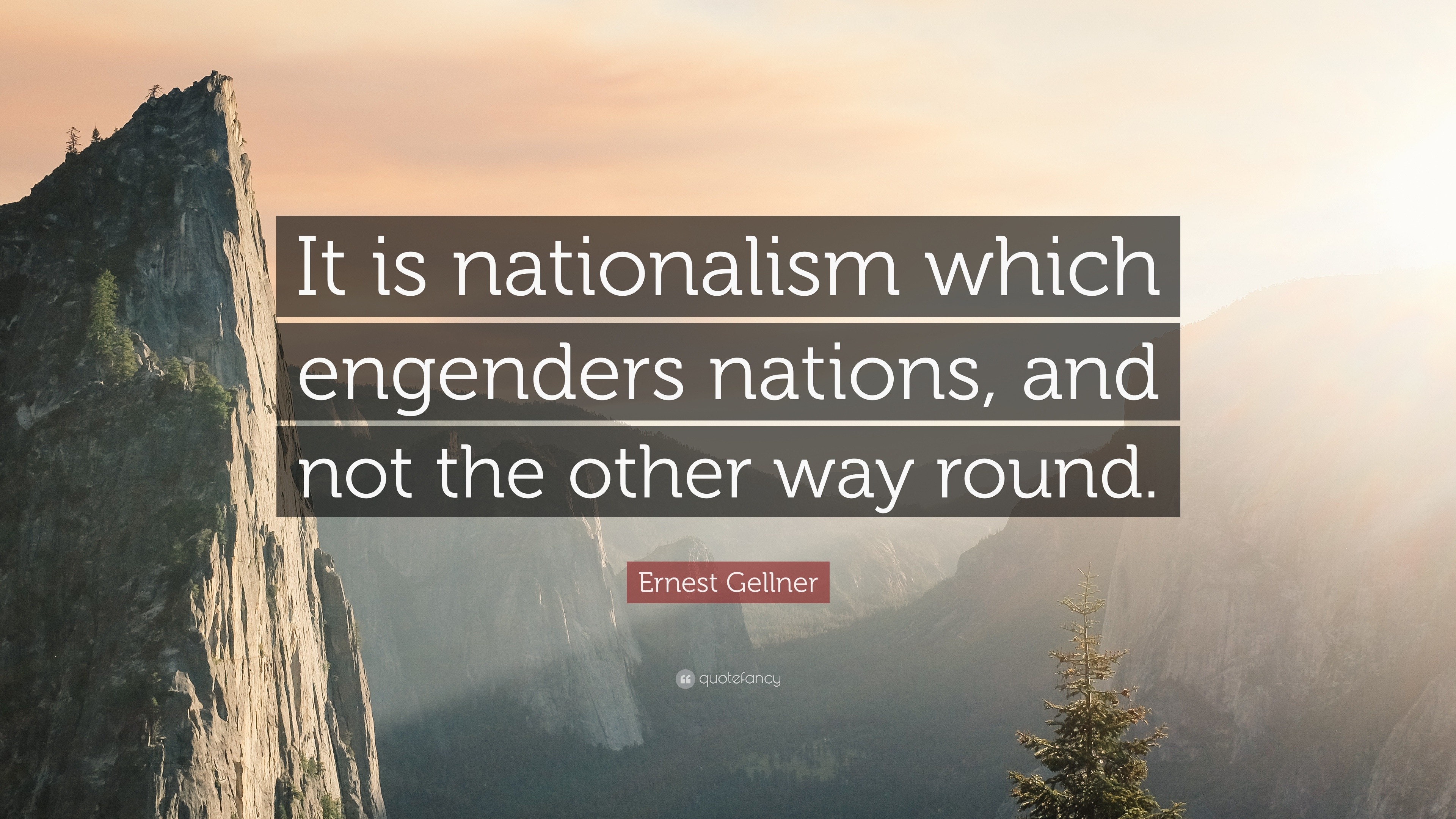

The essential point was therefore that nationalism was historically contingent, rather than the inevitable fruit of the (re)awakening of the Sleeping Beauty (the nation) thanks to the providential action of the Prince (the awakeners). In fact, Gellner had a theory of industrial society, which assumed that industrial society required egalitarianism, and ultimately nationalism. Gellner is usually associated with his theory of nationalism. After all, a classic is something you no longer need to read. Most references are likely to be negative, usually dismissing him together with two other presumed ‘modernists’ (Eric Hobsbawm and Benedict Anderson). The fact that Gellner’s name appears very frequently on any google search does not prove any popularity of his (on Google’s ngram he peaked in 1966, 19). A statement of this kind would neatly encapsulate the general consensus in the academic world, and perhaps beyond.

‘It is a truth universally acknowledged, that Ernest Gellner’s Theory of Nationalism must be wrong’.


 0 kommentar(er)
0 kommentar(er)
